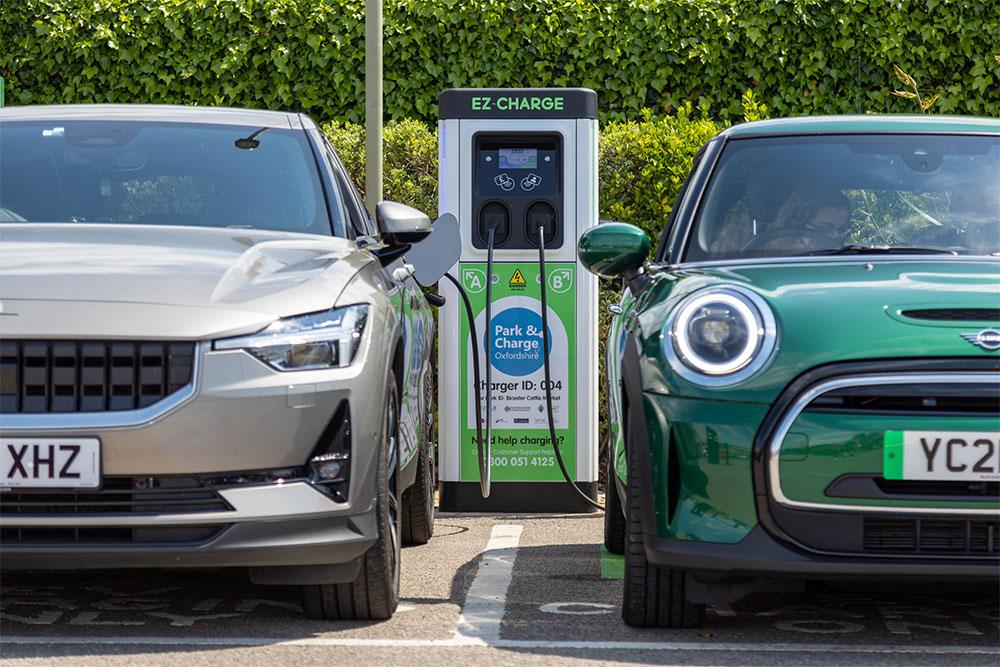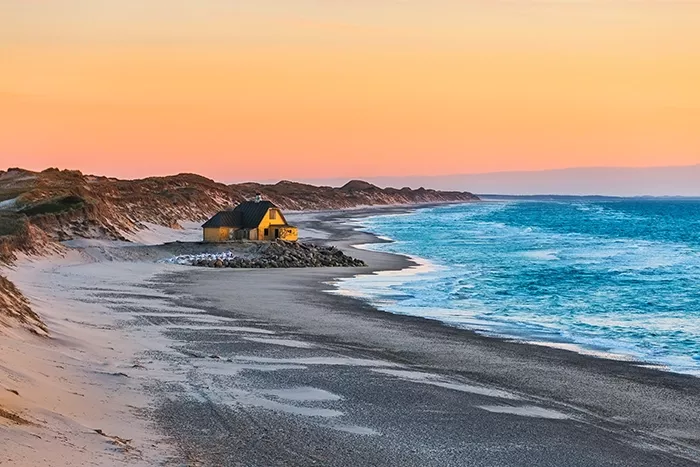In The Conversation, Labib Azzouz and Hannah Budnitz from Oxford’s Transport Studies Unit explore the uneven rollout of electric vehicle charging points across the UK. While cities like London and regions in the South East are well-equipped, the article reveals a striking shortage of public chargers in rural and less affluent areas. As the UK pushes for a greener future, Azzouz and Budnitz ask a critical question: are we leaving parts of the country behind in the EV transition?
News
Jacobus Petersen wins The Quantitative Methods Research Group (QMRG) Undergraduaute Dissertation Prize
The Royal Geographical Society with The Quantitative Methods Research Group (QMRG) has named Jacobus Petersen as the winner of their 2023 undergraduate dissertation prize. Jacobus recently graduated from the BA in Geography course at the University of Oxford's School of Geography and the Environment (SoGE).
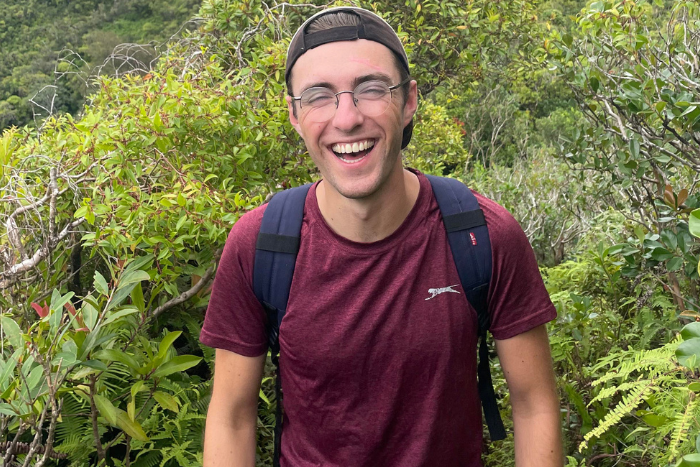
LGBTQ history month: celebrating queer memory in our cities
Cities are like archives. Through their architecture, street names, monuments, plaques and cultural heritage sites, we learn about what remains of the past. But who is remembered in public spaces, and who is kept forgotten? Dr Ammar Azzouz, British Academy Postdoctoral Fellow, explores the issue in an article for The Conversation.

Misguided reforestation programmes threaten vast area of tropical grasslands
New research involving Dr Nicola Stevens, Trapnell Research Fellow in African Environments at the School of Geography and the Environment, reveals the scale of misguided reforestation projects across Africa.
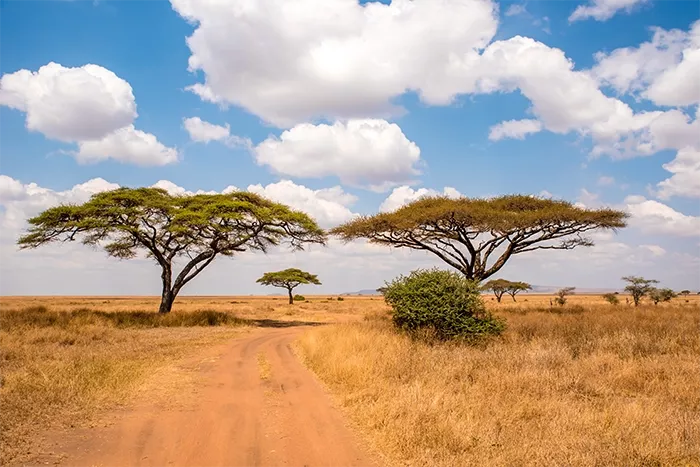
Green space vital to student wellbeing during COVID-19 pandemic
Research led by Dr Anaïs Lemyre from the School of Geography and the Environment, showed that access to green space played an important part in protecting the mental wellbeing of students when the country was in its third national COVID-19 lockdown.

SoGE climate research in the Kalahari Desert: the KAPEX field campaign
The Kalahari is warming at over twice the global rate, with climate projections indicating a gradual drying of the Kalahari, leading to more intense droughts. These trends present a profound threat to communities who have lived there for millennia and to the unique desert ecosystems. Over Christmas and New Year, a team of researchers from SoGE and University of Cape Town travelled to the Kalahari to retrieve some of the first detailed atmospheric observations from inside the Kalahari Desert in a bid to understand these troublesome climate trends.
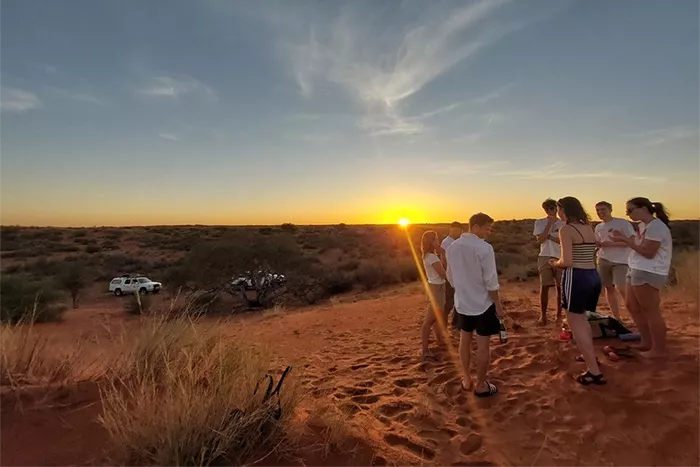
Oxford scientists launch ambitious roadmap for a circular carbon plastics economy
Researchers from the Oxford Martin Programme on the Future of Plastics, including Prof Richard Bailey, Professor of Environmental Systems, and researchers from the Smith School, have outlined ambitious targets to help deliver a sustainable and net zero plastic economy. In a paper published this week in Nature, the authors argue for a rethinking of the technical, economic, and policy paradigms that have entrenched the status-quo, one of rising carbon emissions and uncontrolled pollution.

Urgent call for UK Government to develop a heat resilience strategy
A new Parliamentary report spearheaded by Oxford University researchers, including Dr Radhika Khosla of the Smith School of Enterprise and the Environment, has urged the UK Government to introduce a national heat resilience strategy to prepare the UK for the widespread impacts of a warming world.
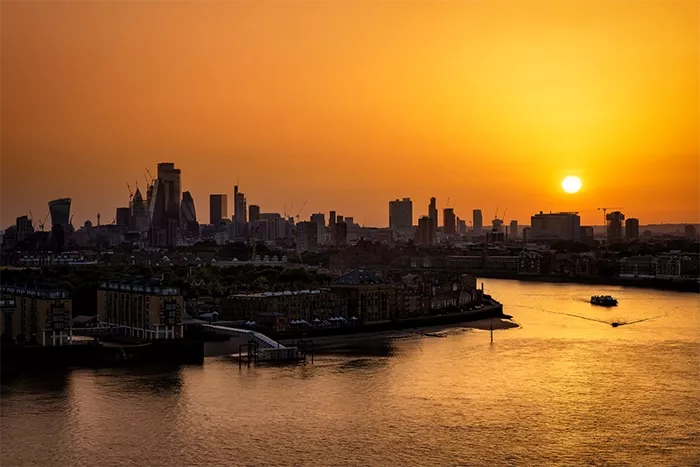
Is the UK prepared for more floods?
Prof Louise Slater, Professor of Hydroclimatology, and Prof Edmund Penning-Rowsell, a teaching associate, in the School of Geography and the Environment are among an expert panel on BBC Radio 4 - The Briefing Room discussing: What is the state of the country’s flood defences? Can people get insurance? What can we do to prepare for a wetter future?
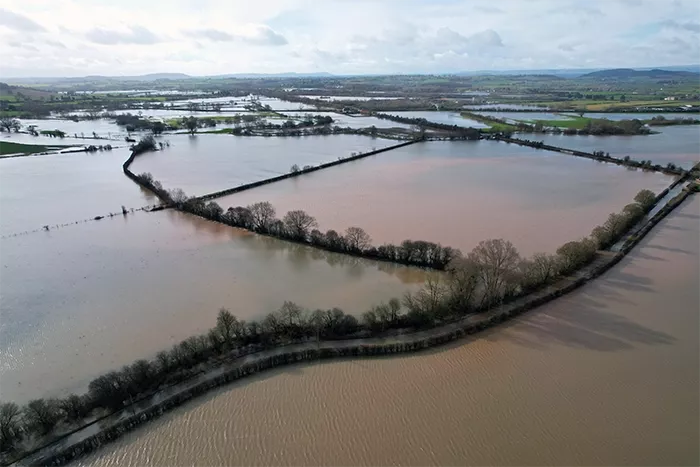
Jessica Ebner-Statt wins RGS-IBG Political Geography Research Group (PolGRG) undergraduate dissertation prize
Congratulations to recent graduate Jessica Ebner-Statt (2020, Geography), who has won the 2023 RGS-IBG Political Geography Research Group (PolGRG) Undergraduate Dissertation Prize.
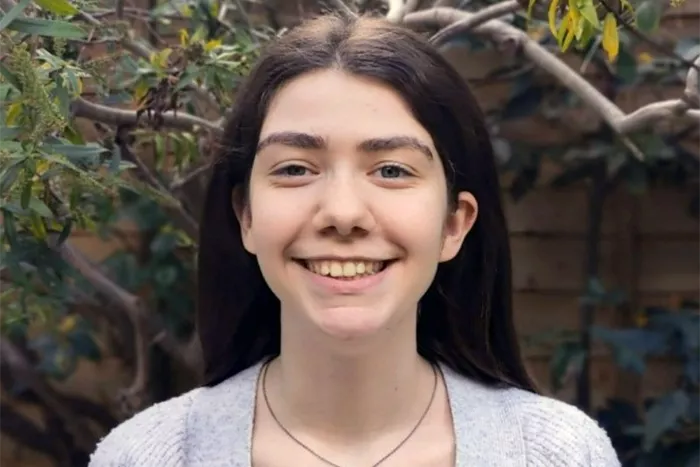
Expert Comment: Why Veganuary: The environmental benefits of a low and no meat diet
Dr Mike Clark, Director of the Food Programme at the Oxford Smith School, discusses the environmental impacts of eating meat, the key research questions we still need to answer, and what individuals can do today.



